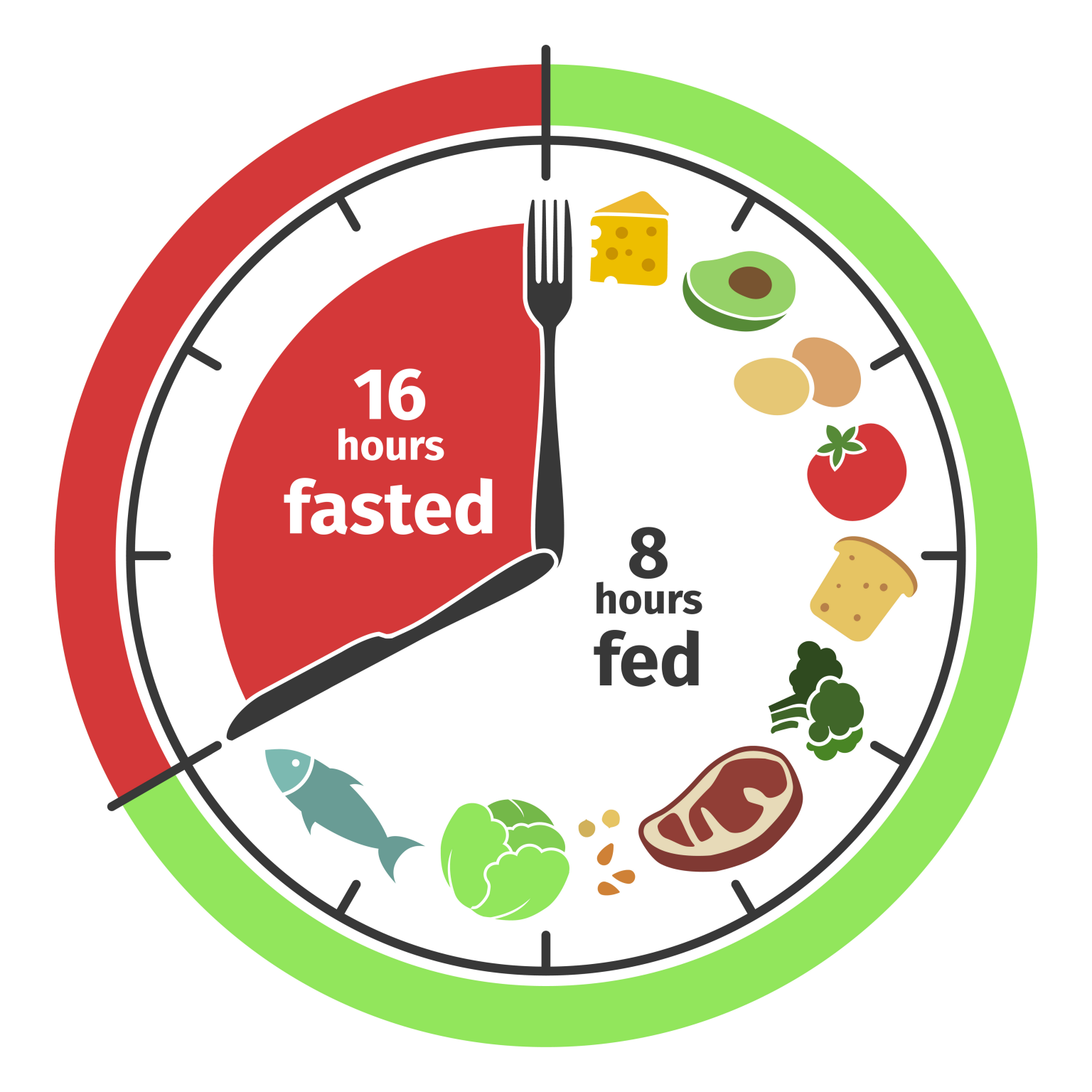
At first, it felt like a diet trend. I skipped breakfast. Waited until noon. That was it. But after a few days, I noticed something subtle. I didn’t crash mid-morning. I wasn’t starving at lunch. I drank more water. I felt a small mental shift. Not dramatic—but sharp. I didn’t expect clarity to come from absence.
I didn’t realize how much I snacked until I tracked the hours
Fasting showed me something I didn’t expect. I wasn’t hungry. I was bored. Or restless. I snacked during emails. During shows. Without noticing. Limiting the eating window made those habits obvious. I wasn’t just skipping meals. I was becoming aware.
I didn’t eat less food—I ate within fewer hours
People think fasting means eating less. That’s not always true. I ate full meals. Big portions. But only during a set window. I didn’t graze. Didn’t pick. Meals felt more satisfying. My digestion changed. My sleep changed. I started recognizing fullness faster.
I felt lighter—but not in the way I expected
It wasn’t about weight. Not right away. It was about space. Less bloating. Less heaviness. My body moved easier. My mind focused longer. I had fewer energy dips. I didn’t expect food timing to matter more than food itself.
I thought fasting was just about willpower—but it became about structure
At first, I watched the clock. Counted minutes. Waited to eat. It felt restrictive. But slowly, my schedule shifted. I ate lunch later. Dinner earlier. I stopped late-night snacks. The rhythm set itself. Willpower faded. Routine took over. That surprised me most.
I didn’t expect my workouts to feel easier
I used to eat before exercise. A protein shake. A banana. Then workout. With fasting, I trained empty. I expected weakness. But I felt lighter. Faster. My focus held longer. Recovery stayed the same. Sometimes even better. I adjusted slowly. But it worked.
My sleep changed once I stopped eating late
I didn’t connect the dots at first. But meals near bedtime hurt sleep. Digestion stayed active. I woke up groggy. After shifting dinner earlier, sleep came smoother. I woke up rested. I didn’t expect such a simple change to do that much.
Hunger didn’t feel scary—it felt clear
I used to eat before hunger showed up. Just in case. Just because. With fasting, hunger arrived with purpose. It didn’t scare me. It passed. I drank water. I waited. I listened to it differently. That felt new.
I felt in control—not just of food, but of time
Eating schedules shaped my whole day. Meetings. Workouts. Bedtime. Fasting flipped that. Food no longer led everything. I moved things around food, then food around life. That shift added hours. I had more time. That felt powerful.
My blood sugar changed—but not always for the better
One week felt amazing. The next, not so much. I got dizzy. Cold. A little shaky. I hadn’t eaten enough protein. Or enough volume. Or enough salt. I learned quickly. Fasting isn’t magic. It’s data. And food still matters.
I didn’t lose weight the way I thought I would
Some pounds dropped. Then stalled. My body held onto what it liked. I got leaner. But slowly. It wasn’t dramatic. The mirror changed more than the scale. I learned to care less about numbers. That took longer than any adjustment.
My social life shifted without me planning for it
Dinner plans became harder. Brunch invitations too. I brought my own food once. I left early once. Some people asked. Most didn’t care. I didn’t broadcast. But I also didn’t hide. That balance was tricky at first.
I had to stop once—just to check
After two months, I paused. Not because of failure. But because of curiosity. Would I feel worse without fasting? I didn’t. But I missed the clarity. I missed the rhythm. So I started again. With better balance.
Some days, it didn’t work—and I had to be okay with that
Travel days. Stressful days. Hormonal shifts. Life didn’t follow structure. Neither did my eating. Some mornings needed food. Some nights stretched longer. Fasting gave me flexibility—but only when I let go of perfection.
Source: Dietitian in Dubai / Dietitian in Abu Dhabi
